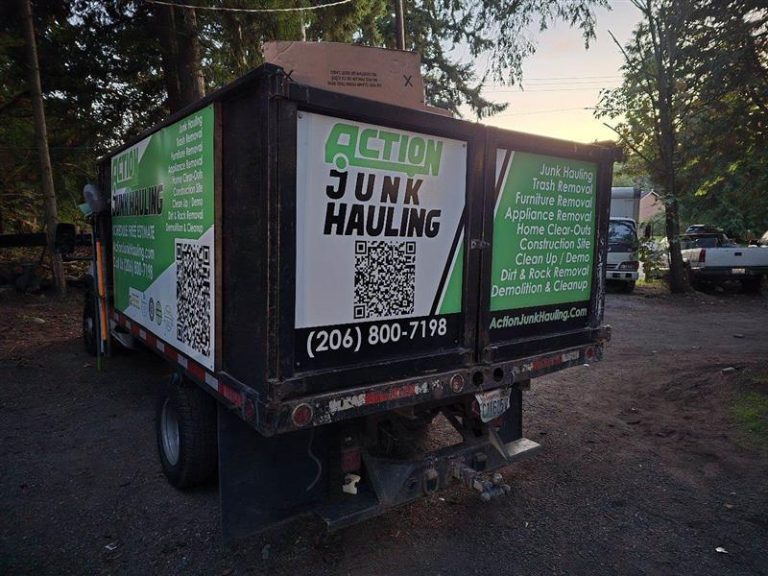Understanding Freight Forwarding: A Comprehensive Guide

Global supply chain heavily relies on one crucial component – freight forwarding. Thanks to freight forwarding, the goods are moved efficiently from manufacturers to consumers all around the globe. For all businesses, but especially those involved in international trade, understanding freight forwarding brings a lot of benefits.
Among other things, it can streamline logistics, reduce costs, and enhance overall operational efficiency. Here, you’ll find a comprehensive overview of what freight forwarding is, how it benefits you, and how to choose the freight forwarder based on your needs.
What is Freight Forwarding?
Freight forwarding entails the coordination and shipment of goods from one place to another with the help of carriers – air, sea, road, and rail. The main role of freight forwarders is to act as intermediaries between shippers and transportation services.
They are there to leverage their expertise and networks in order to manage the complex world of moving cargo logistics.
Key Functions of a Freight Forwarder
Freight forwarder has several functions. Firstly, freight forwarders organise and coordinate the movement of goods through selecting the best routes and transportation methods. That way, timely delivery is ensured.
The next function is documentation management. Bills of lading, customs paperwork, insurance forms, and other forms of documentation are handled. Freight forwarders ensure that all these documents are compliant with international trade regulations.
Cargo consolidation is another important function freight forwarders have. Consolidating smaller shipments into larger ones allows you to reduce shipping costs and further improve efficiency.
The complexities of customs regulations are easily navigated with a little bit of professional help. This often turns out to be pretty valuable, as it reduces the risk of unnecessary delays.
Warehouse services are also very important. Thanks to freight forwarding, warehouse and storage are one less worry for numerous business owners.
Freight forwarders are also related to risk management and insurance. For instance, they deal with risks associated with shipping, while also offering insurance options that protect against potential losses.
Freight Forwarder Benefits
When it comes to freight forwarder benefits, there is plenty of them. Naturally, the first one is their expertise and knowledge. Thanks to their extensive knowledge, an experienced freight forwarder can help businesses navigate global trade much more efficiently.
Cost savings are a big part of freight forwarder benefits. Since they consolidate shipments and negotiate with carriers, freight forwarders can successfully secure better rates than individual shippers. By dealing with logistics details, they also improve time efficiency and allow for more time to spend on the core operations.
As we’ve already mentioned, risk management is an important part of freight forwarding. Risk assessment and mitigation that freight forwarders know very well help with getting the goods transported safely and timely.
Finally, flexibility is another element that makes freight forwarders beneficial for your business. They usually offer a range of services tailored to your specific needs, some of which might be express shipping, bulk transport, and handling hazardous materials.
Choosing the Freight Forwarder
When you start looking for a freight forwarder, you should set your priorities. For instance, you should look for someone that has a proven track record and impeccable experience and expertise. Then, consider how their global network looks like. A strong freight forwarding business will have a strong global network and perfect relationships with carriers.
Customer service is another factor you should consider. Only a forwarder that provides excellent customer service with open communication and responsive support could be a potential collaborator to you.
Don’t forget about the usage of modern technologies either. Technological advancements allow you to track shipments, manage documentation, and optimise routes easier than ever. That is why the forwarder you choose should have access to up-to-date technologies.
When you find the time, make sure to research their reputation in the industry. Go through some reviews and testimonials and learn what you can expect from your potential freight forwarder firsthand.
Conclusion
While freight forwarding is an integral part of any business related to global trade, not a lot of people understand how it works. However, if you save some time and understand better what freight forwarding is and how advantageous it can be for your business, you’ll surely make your business much more efficient.








